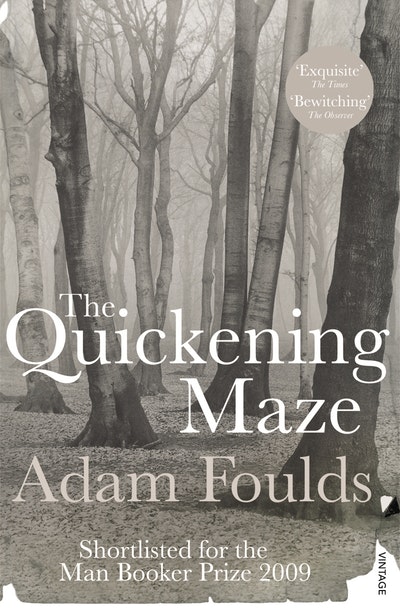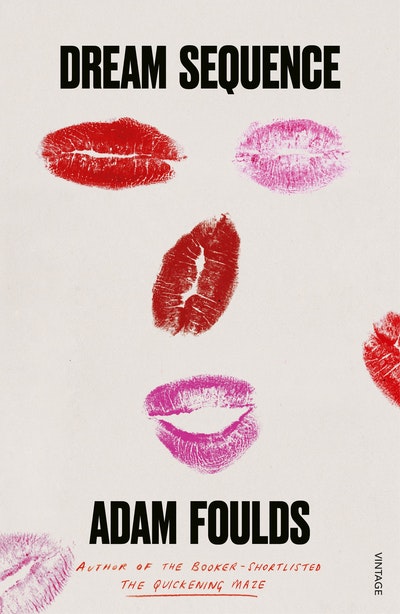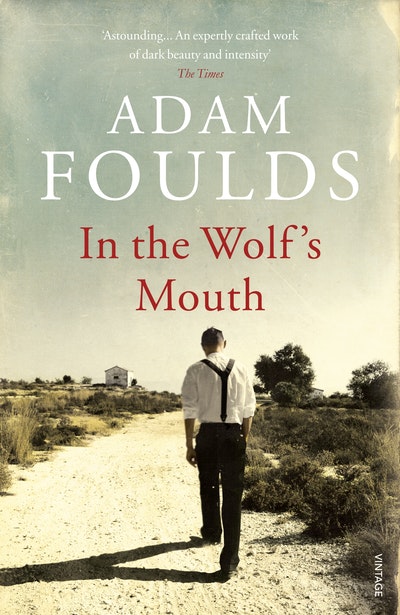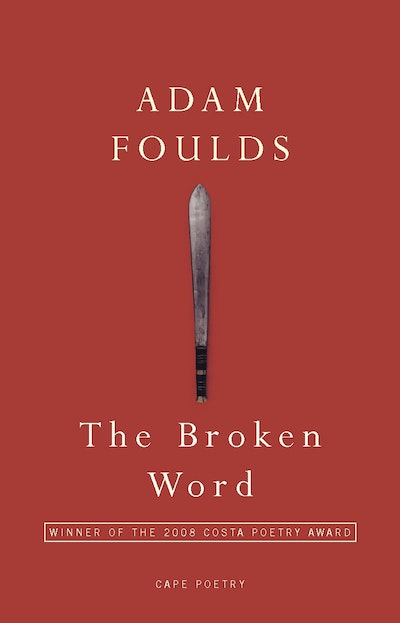- Published: 1 July 2010
- ISBN: 9780099532446
- Imprint: Vintage
- Format: Paperback
- Pages: 272
- RRP: $29.99
The Quickening Maze
- Published: 1 July 2010
- ISBN: 9780099532446
- Imprint: Vintage
- Format: Paperback
- Pages: 272
- RRP: $29.99
A work of strikingly beautiful, unforced writing
Daily Express
The chief pleasure of the book is its prose: exquisite yet measured, precise, attentive to the world
Sunday Telegraph
Fould's exceptional novel is like a lucid dream: earthy and true, but shifting, metamorphic - the word-perfect fruit of a poet's sharp eye and novelist's limber reach
The Times
Intensely pleasurable to read, studded as it is with electrically acute images and phrases
Observer
Foulds wisely resists the temptation to turn Clare into an idiot savant, lunacy as the flip side of genius. The horror of a disintegrating mind is also subtly conveyed through fractured internal monologue
Financial Times
A seamless blend of historical fact and fiction...Foulds's writing has a poetic intensity and his descriptions of the autumnal woods around the asylum are as piercingly keen as his insight into the minds of the patients, the doctor and his family
Daily Mail
Adam Foulds won the 2008 Costa Poetry Award, and he is a skilful poet. These talents are well displayed in his prose which, while lyrical, never grows fussy or highfalutin'. He draws a walk-on character with a few deft strokes
Lionel Shriver, Telegraph
Foulds was fast becoming the pin-up boy of contemporary poets...this beautifully described second novel suggests he's equally a master of prose
Mariella Frostrup, Radio Times
A profoundly imagined historical novel, with a gripping plot and some memorably beautiful scenes
Craig Raine, Times Literary Supplement
This imaginative, atmospheric period novel has style and a host of characters
Eileen Battersby, Irish Times
It takes courage to write a novel about two of Britain's best-know poets - John Clare and Alfred Lord Tennyson - and their encounter in an Epping Forest asylum. It takes skill to turn that into an engrossing, beautiful novel. Foulds has shown both
Angel Gurria-Quintana, Financial Times
Rich in its understanding and representation of the mad, the sane, and that large overlapping category in between
Guardian, Julian Barnes
Every character, every narrative strand is stunningly written, making it an engrossing and unusual historical novel
Sunday Telegraph
The world he evokes is conjured up with remarkable intensity and economy of means
Nick Rennison, The Sunday Times
The novel is most notable for its savage descriptions of rural life
Alfred Hickling, Guardian
Foulds does a marvellous job of evoking the atmosphere of the forest. His prose has none of the awkwardness one often encounters when real-life characters are brought into play
Sunday Herald
Chosen in The New Yorker Books of the year 2010: 'An intricate homage to two nineteenth-century poets'.
New Yorker
With its unflinching look at treatments of madness, and its authentic period feel, this is an appropriately disturbing, while also beautifully written, story of human endeavour - and human failure.
The Independent on Sunday






